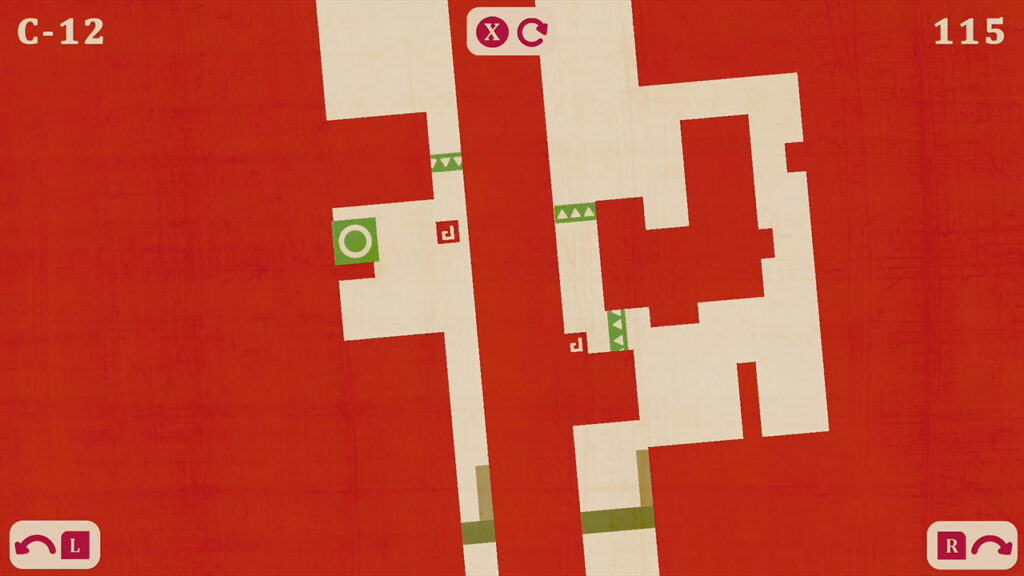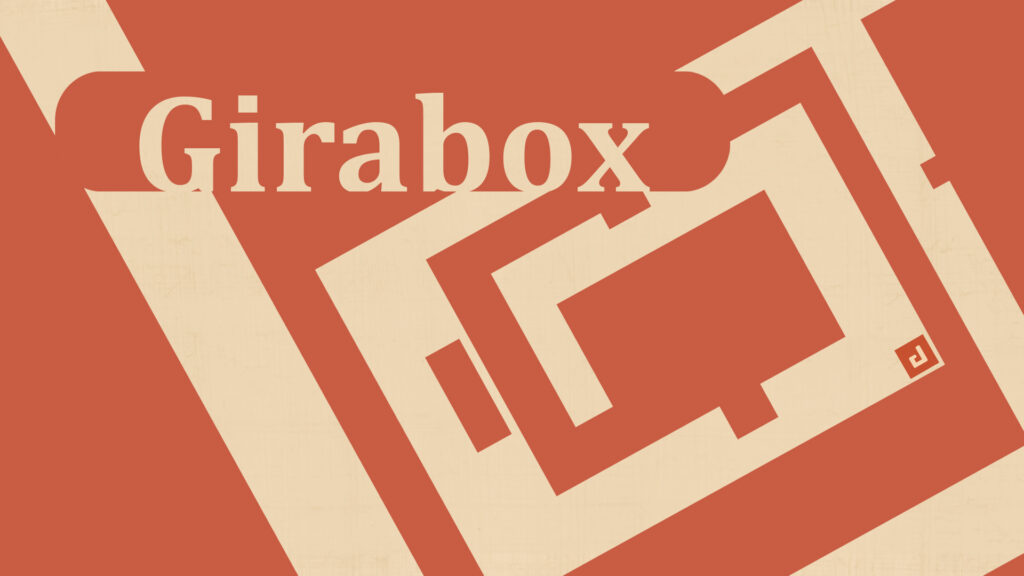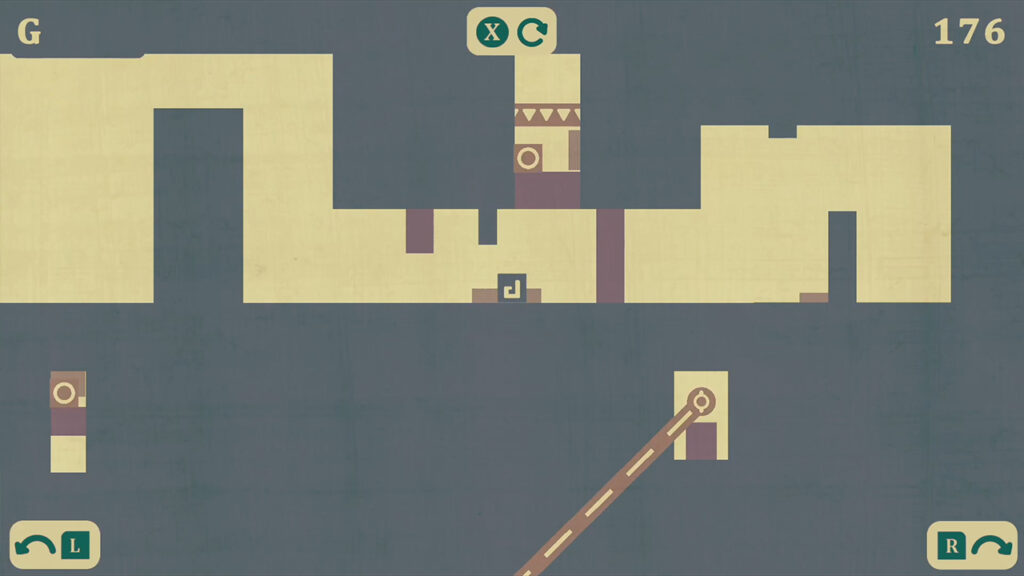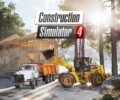
Developer: Conradical Games
Publisher: Drageus Games
Platform: Switch, PC
Tested on: Switch
Girabox – Review
Indie developer Conradical Games is a relatively new player, having launched their first game, the Metroidvania-like Lootbox Lyfe on Steam in February of this year. Their second title, puzzle game Girabox, debuted only six months later. Thanks to Drageus Games, Girabox now arrives on the Switch as well. We took a look at this minimalist puzzle experience to see what Conradical Games has in store.
Story
If you’re looking for any kind of story content, look elsewhere as Girabox is a minimalist experience that is all about the puzzles. In all honesty, we couldn’t think of a way to tack a story on this one, and as this is a pocket-sized puzzle experience, Girabox doesn’t need one anyway.
Graphics
Girabox uses simplistic graphics that follow the less is more principle. The game uses basic shapes and saturated colours to differentiate between the elements that make up the stages. Stage colours are slightly textured rather than smooth single-coloured surfaces but this is barely noticeable, especially when you are focusing on the puzzles themselves. Of course, a game that follows such a minimalist design philosophy won’t be a strain on graphical performance and the game runs smooth as butter as a result.
Sound
Accompanying the game’s spartan visual design is an ambient soundtrack that creates a relaxing atmosphere. It emphasizes the zen-like nature of a game like this and encourages you to focus on solving the puzzles. We actually found that the music helps tremendously with not getting too frustrated with some of the trickier puzzles of the game.
Gameplay
The best puzzle games rely on a single mechanic that is easy to understand for even the most casual player, then take that mechanic and push it to its logical extremes. Girabox is a perfect example of this philosophy. The aim of the game is simple: you need to guide a sliding block to a star. You do this by turning around the maze-like structure the block is in. Pushing either the L or R button will rotate the maze by 45 degrees to either the left or the right, depending on which of the two buttons you used. In turn, the block, as well as any other loose objects in the maze will drop down in accordance with gravity. It’s a simple concept that feels very similar to those old maze puzzle toys where you needed to guide one or more little balls, albeit in a more stylized and minimalist fashion. The game doesn’t provide any form of explanation and expects you to figure things out for yourself whenever a new mechanic is introduced. Granted, most of these will speak for themselves and while it may cost you a few of your moves to discover how certain things work, you can always reset a stage at the push of a button.

Of course, Conradical Games make an effort to spice things up along the way. Not only do mazes get more elaborate as you make your way through, but new elements are gradually introduced. These include moving platforms that require careful timing, buttons that you’ll need to push to open up gates and other blocks of various sizes that you’ll need to take into account as well, and depending on how you manipulate the level, they’ll aid you or block you from reaching the goal. The game features 6 sections of 12 stages each, as well as a 7th single-stage section containing an enormous and elaborate maze.
Girabox scores your performance based on the number of moves it takes you to clear a stage, with an overall score determined by the cumulative number of moves it took to clear a full 12 stage section. There is no time limit to clear a stage, allowing you to carefully consider your moves in order to minimize your move total. There are leaderboards as well, but these are meaningless, as there is always going to be an ideal number of moves for each stage so once you have figured out the minimal amount needed, you’ll have reached the best possible score. Given that stages are not timed and that there will likely be a number of walkthroughs that explain how to easily complete the stages with the absolute minimum, leaderboards will eventually all show the exact same score and are therefore utterly meaningless. Adding a timed mode, even if it was an optional feature, would’ve been a huge improvement that would have also increased the game’s replayability and longevity. As it stands, we imagine most people will be able to complete the puzzles in two to three hours. Given the game’s low price point, however, you’re still getting your money’s worth here.
Update: Conradical notified us that timed leaderboards are in fact available. Whether these were added after we reviewed the game or if they were buried somewhere we failed to look, we felt it was only fair to add this information to the review. This doesn’t change our opinion about the non-timed leaderboards but it’s worth mentioning.
Conclusion
We wouldn’t go as far as to call Girabox a must-have title but if you’re a puzzle enthusiast, you might find this pocket-sized maze puzzle right up your alley. The game takes a very simple concept, adds some clever twists and definitely delivers bang for your buck when you take into account how cheap it is. We do recommend ignoring the non-timed leaderboards, as they are redundant without a timed mode, and just enjoying the game for the zen-like experience that it is.
Girabox - Review,







No Comments